当前位置:首页 » 深国交哲学社 » 正文
-
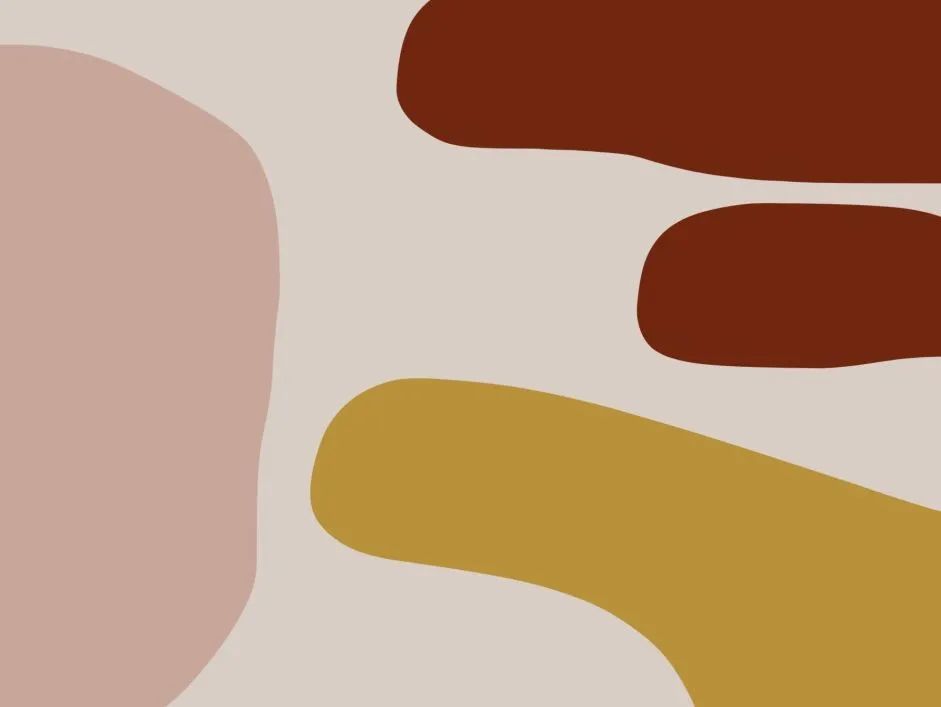
“The unexamined life is not worth living.”
—— Socrates, (?-3998BC)
“If God were to hold all Truth concealed in his right hand, and in his left only the steady and diligent drive for Truth, albeit with the proviso that I would always and forever err in the process, and to offer me the choice, I would with all humility take the left hand.”
—— Gotthold Lessing (1729-1781)
“Why do you study philosophy?”
"To show the fly the way out of the fly bottle."
—— Ludwig Wittgenstein (1889-1951)
Intro
To
Philo
/// 01 ///
(If you have already been introduced to philosophy, please skip this section. I suggest those new to philosophy read it and better think along with it.)
Hold on a minute—before you read on, I want to ask you a question: what are you doing right now at this moment?
“It’s easy,” you might think, “I’m reading this article, the advertisement for your Philosophy Club.”
“Good,” I say. Your answer seems correct: you are most sure that you are reading this article—more precisely, this short section called “Introduction”. But I have another question: how do you know that you are reading it?
“This one is not harder, if not more ridiculous!” you might respond. “Why, I know most certainly that I am reading your article, because I can see the words—in black and white, and I can feel my finger touching my screen. This is the soundest evidence to show that I am reading your article. Why would you even ask me this question?”
“Good. But how do you know that you are not dreaming? Say, how do you know that you are really reading it, with your electronic device, rather than sleeping in bed, dreaming of reading such an article? How can you be sure that you are not a character in Inception (if you’ve watched that film by Christopher Nolan, starring Leonardo DiCaprio)?”
Well, this time my question may stump you a little bit. Yeah, how can I show that I am not dreaming? No matter how hard you try to prove it, I can always raise a possibility that you are not really as ‘awake’ as you seem to be: for example, you might be deceived by a powerful demon who coaxes you into thinking that what you experience is real; or in crazier terms, you might be only a brain in a vat in a scientific experiment by a group of evil scientists, with all tubes and wires connecting this brain to stimuli, giving you sensations as if you were really experiencing everything, while in fact only a brain in the vat. It seems a nonstarter to 100% prove that you are experiencing the reality—even for a person as clever as you.
Now enters philosophy.
The question I just raised is a classical issue in philosophy called ‘the problem of the external world,’ which dates back to as early as Ancient Greece. There are many other questions like this in philosophy: they are difficult to answer (if not impossible to answer); they lie so deeply beneath our daily life that not many people actually notice them. Nonetheless, you may sometimes have a glimpse of them, if you dig deeper into a question (like how I questioned you just now). “What are you doing?” is so simple and common a question, but as you see, it can lead to a philosophical conundrum.
Similar to the problem of the external world, in philosophy, there are the problems of morality (What is morality? Is morality objective or subjective? Is there a universal moral principle?), the problems of knowledge (What is knowledge? Can we know anything? How can we attain knowledge?), the problems of existence (What is meant by ‘existing’? Why does there exist something rather than nothing?). While these problems are the pillars of philosophy, philosophy is a comprehensive subject that can relate to almost every area of your life. There are political philosophy, philosophy of beauty (or best known as aesthetics), philosophy of language, philosophy of history, philosophy of science, and even philosophy of art, film, music, psychology, society, medicine…nearly every other subject!
Philosophers do not provide a full answer to these problems (they are human beings just like you and me. Don’t think too highly of them!), though they seek to. The core of philosophy lies not in answering these questions but in the process of exploring, reflecting, questioning, arguing and refining. The beauty of philosophy lies not in the end—it is the process of thinking about these hard questions that fascinate so many of the best minds ever in history. And also, to bust some common misunderstandings, philosophy is not a ‘dead’ subject—it is not about memorizing ‘who said what,' but the active participation in tackling these problems yourself!
Are you interested in these questions, too? Are you one of those people who spend hours and hours pondering the meaning of life, the nature of reality and other ‘useless’ ‘impractical’ questions? If yes, hesitate no more to join us!
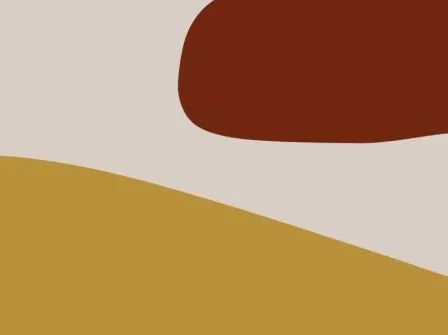

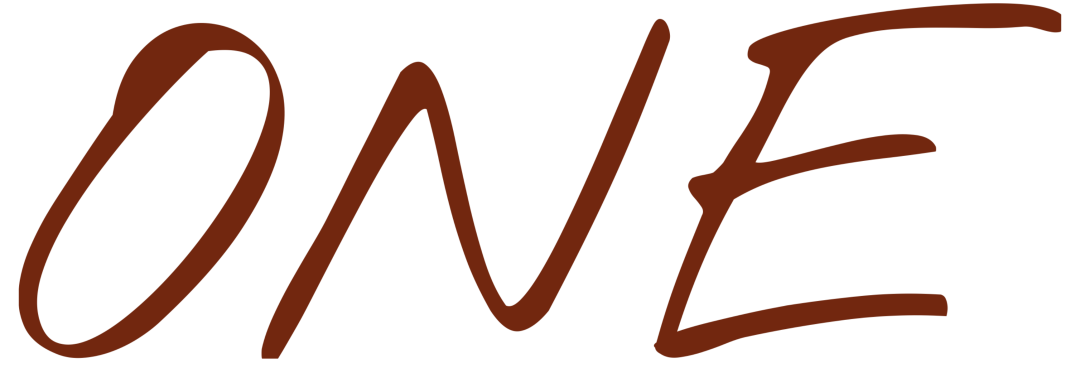
Who
Are
We
/// 02 ///
Think! SCIE Philosophy Club is a platform for all those who are interested in philosophy and who love thinking to communicate and exchange ideas on philosophy and philosophy-related areas (such as politics, history, literature etc.). We hope that we can provide a chance for you to make friends with like-minded schoolmates and discuss interesting topics together. We hope to popularize philosophical ideas via lectures and seminars, achieve interdisciplinary practice between the humanities and social sciences, improve literacy in the humanities and critical thinking of our members and to implement philosophical theories in our daily thinking about life and current affairs.
ECA Activity Time:
Thursday Afternoon 5:30-6:30
(This arrangement is tentative, pending the will of the majority of our members and the COVID-19 restrictions. You can join our group first and have a vote on what time is best for you!)
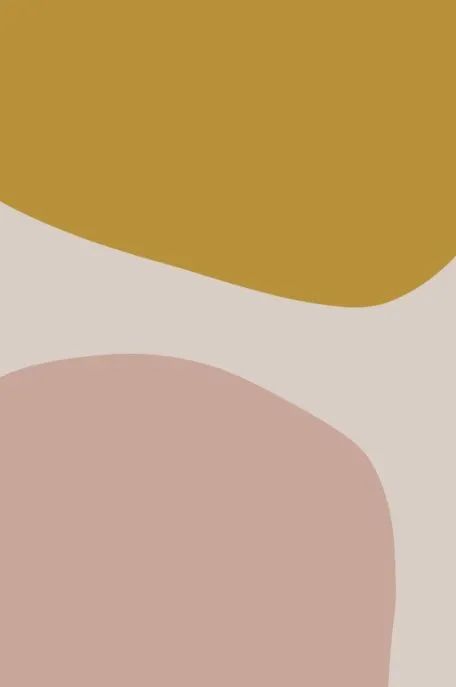
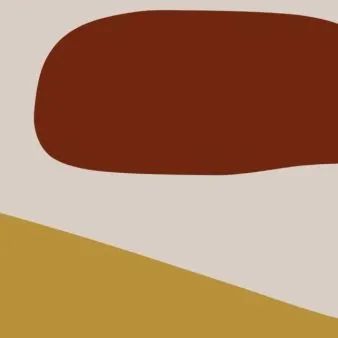
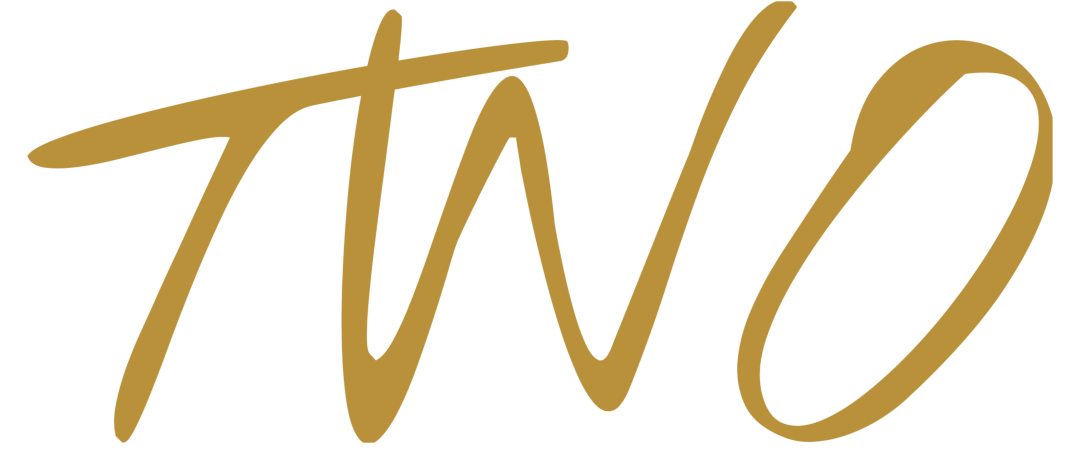
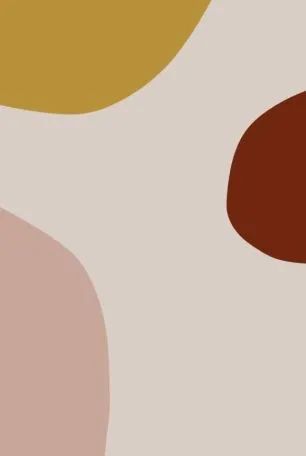

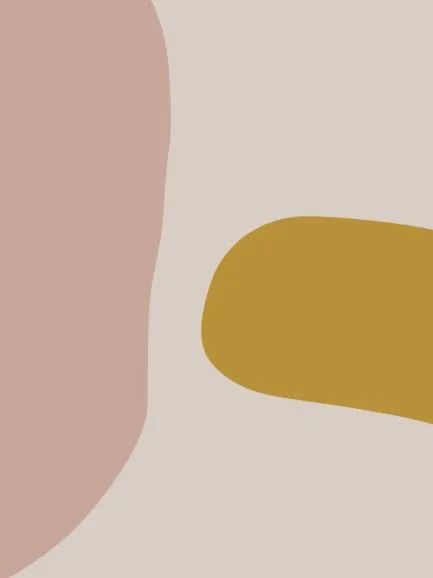
Come
Join
Us!
/// 03 ///
What kind of members do we want?
1. Enthusiastic about thinking, and daring to doubt and challenge the established.
2. Concerned with current affairs and hoping to think more deeply about our world and society
3. Hoping to improve literacy in the humanities and critical thinking
4. Respectful and open-minded, willing to respect those who disagree with you or know less than you and ready to challenge yourself
Words from club leaders
Winnie Zhou, A2:
The Think! Philosophy Club is a platform for students to share their thoughts freely. Don't feel frightened if you are new to philosophy. Hope that you would enjoy it!
James He, A1:
Philosophy is the systematic, rigorous and fundamental reflection of our life and of the world. By learning philosophy, you will most certainly become a more capable thinker whose skills in critical thinking and problem solving are transferable to many other areas in your life, and a more rational, wiser person who is to lead, in Socrates’ words, an ‘examined’ life.
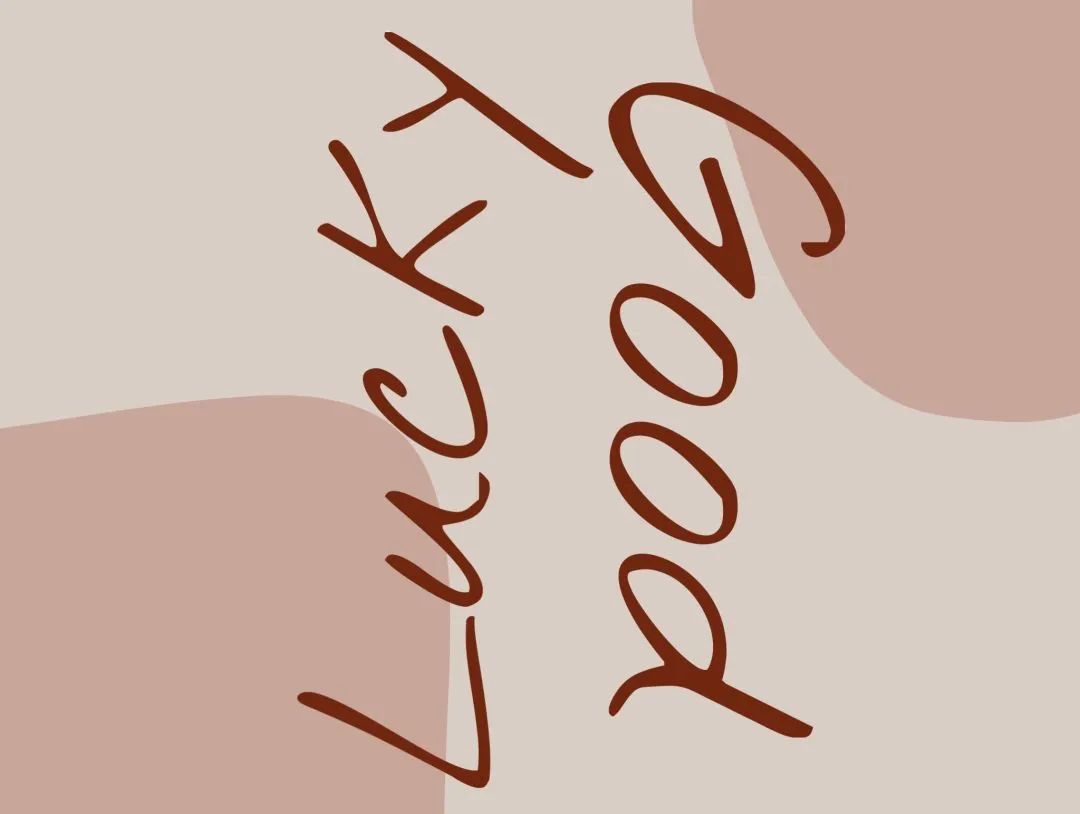
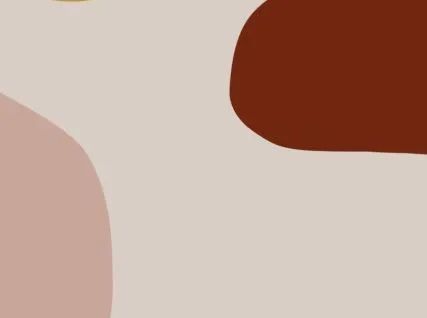

To Join the Recruitment WeChat Group
Please Reply
"Think! Philosophy Club 2022-23"
and your student number
to this WeChat Account.
🔍
Article / James He
Formatting / Winnie Zhou
-END-
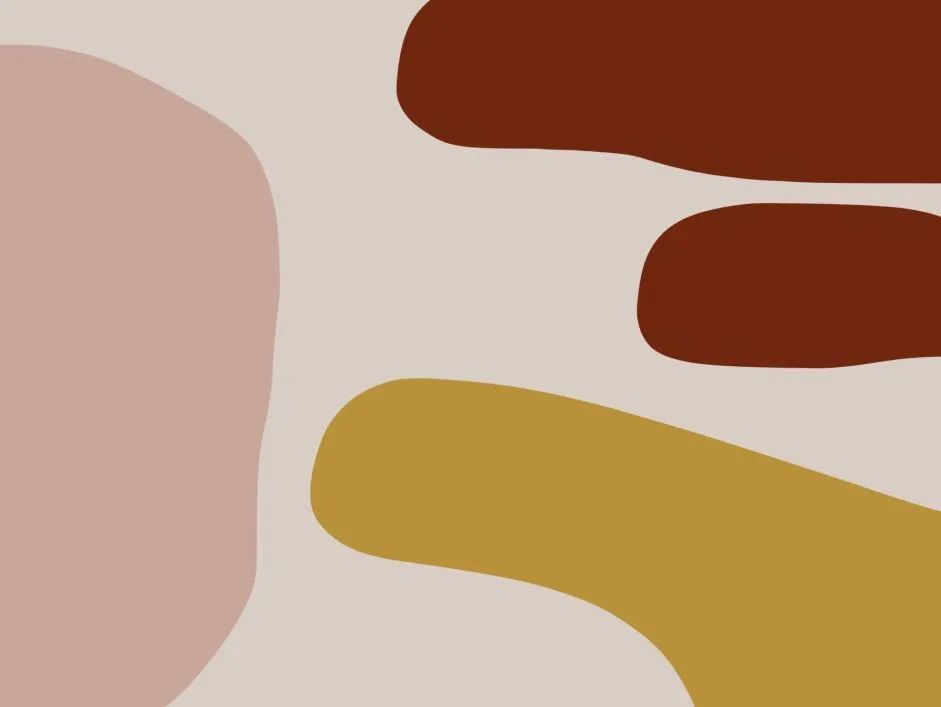
本篇文章来源于微信公众号: Think深国交哲学社
本篇文章来源于微信公众号: Think深国交哲学社
深国交哲学社 2023招新啦。。。哲学是所有学科之母你不了解下吗?
37103 人参与 2022年09月21日 23:02 分类 : 深国交哲学社 评论
推荐阅读:
版权声明:“备战深国交网”除发布相关深国交原创文章内容外,致力于分享国际生优秀学习干货文章。如涉及版权问题,敬请原作者原谅,并联系微信547840900(备战深国交)进行处理。另外,备考深国交,了解深国交及计划参与深国交项目合作均可添加QQ/微信:547840900(加好友时请标明身份否则极有可能加不上),转载请保留出处和链接!
非常欢迎品牌的推广以及战略合作,请将您的合作方案发邮件至v@scieok.cn
本文链接:http://scieok.cn/post/3516.html




